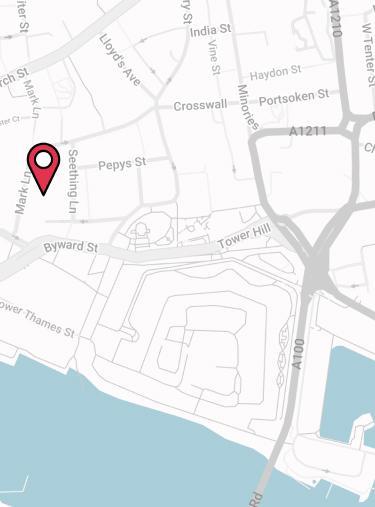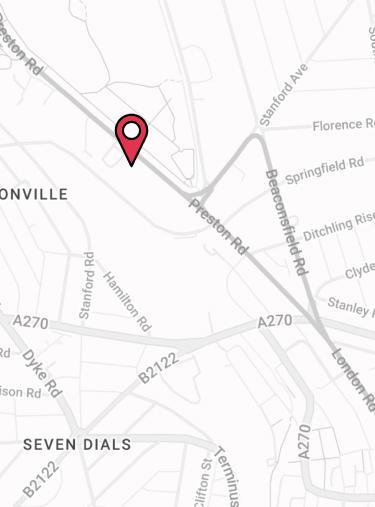How Can I Avoid Inheritance Tax for My Beneficiaries?
We worked hard to raise three children and accrue a small nest egg for our later years. My husband passed away 5 years ago and although I still live an active life I’m increasingly worried that without taking any action I could be leaving a nasty tax bill for my children and six grandchildren. Where do I start when it comes to inheritance tax?
The good news is that, so long as you start planning in time, in most instances inheritance tax can be minimised or avoided altogether. To get started you’ll need to draw up an accurate valuation of all the assets in your estate – everything from your pensions and savings to your home and household contents.
Maximise Your Inheritance Tax Allowances
Don’t forget, assuming your husband passed the whole of his estate to you when he died, you’ll also have inherited his nil-rate band allowance (currently set at £325,000) as well as his main residence allowance.
You’ll inherit the full allowance in force for both of these at the time of your death, not his.
Who Will Inherit Your Estate?
You’ll also need to make some decisions about who you want to inherit your estate, and in what proportion, and whether you want to leave your house and other assets to your beneficiaries or just the capital value that they’ve come to represent.
The rules surrounding inheritance tax can be quite opaque and the sums involved are invariably quite significant which means that it’s also well worth paying out for some professional advice from an experienced adviser who can guide you through the process, skirting the numerous pitfalls along the way.
A Six Point Inheritance Tax Plan
Approaches will vary depending on the adviser you consult but, as a rough rule of thumb, there are six key milestones to leaving your inheritance tax worries behind.
- Ensure your will is up to date
The first stop is putting your will in order – something that far too many Britons still fail to do. Your will provides a road map for how your assets are to be distributed and it prevents the delay and possible taxation that might result if you were to die intestate (i.e. without a will). - Make use of the IHT-exempt gifts
Each year you can give up to £3,000 in cash or gifts to whoever you like without attracting inheritance tax. Any unused annual allowance can also be carried forward to the following year. There’s also a list of other instances where you give away assets from your estate including wedding gifts, gifts to cover upkeep and gifts from unused income. You can also make as many small gifts of up to £250 as you like, but you can’t make such gifts to the recipient of your annual gift allowance. - Work out what assets could make PETs
If you can afford to make larger gifts to individuals during your lifetime, these will become potentially exempt transfers or PETs. This means that, so long as you live for the mandated 7 years (or potentially up to 14 years if you’ve previously made any gifts into a trust) after making the gift, it will be exempt from inheritance tax. If you should die in the intervening years, however, IHT will be charged on a tapered basis and the recipient of the gift will have to pay it. You can protect your beneficiaries from a potential IHT bill by taking out what’s called a ‘gift inter vivos policy’. This is a life insurance contract that provides a decreasing sum assured over the 7 years following a substantial gift so that any subsequent inheritance tax liability can be met. - Make use of trusts
In theory, assets put in trust no longer form part of your estate. However, most gifts into mosts trusts will generally count as chargeable lifetime transfers and be taxed at 20%. At the time of the transfer if the value of the gift into trust (plus any other chargeable lifetime transfers made in the previous 7 years before the ‘current’ CLT) is in excess of the gift-giver’s nil-rate band, inheritance tax is typically due. You may, however, have to pay inheritance tax on the gift if the settlor dies within 7 years of making the CLT, in which case an additional 20% tax will be levied to bring the IHT due up to the 40% ‘death charge’. - Explore IHT-exempt investments
There’s a whole list of investments that are exempt from inheritance tax including shares in unlisted companies, agricultural property and companies listed on the AIM market. The latter may be more attractive as they can now be accessed via ISAs. - Funding your inheritance tax bill in advance
Not everyone is in a position to gift away their major assets while they’re still alive. For those in this position, it can make sense to take out Life Insurance written into trust where the proceeds match the inheritance tax liability. This means that capital will be available to meet an inheritance tax bill on your estate when you die. Remember that IHT has to be paid within 6 months of death or interest is added (although IHT on properties can be scheduled for repayment over 10 years). Because funds can’t be released from an estate until probate has been granted, in the absence of proper insurance it can often fall to the executor of a will to borrow the funds necessary to pay any inheritance tax before they can be reimbursed by the estate.
- Topics
- Inheritance Tax
- Retirees
Frequently Asked Questions
Is Our Holiday Home Liable to UK Inheritance Tax?
We Have No Children – Can We Still Make Use of the New Main Residence Allowance?
Can We Avoid Inheritance Tax on ISA Portfolios?
How Can I Avoid Inheritance Tax for My Beneficiaries?
What's the Inheritance Tax Rate in 2025?
Contact Us
125-135 Preston Road
Brighton
BN1 6AF
Cookies
Drewberry™ uses cookies to offer you the best experience online. By continuing to use our website you agree to the use of cookies including for ad personalization.
If you would like to know more about cookies and how to manage them please view our privacy & cookie policy.



